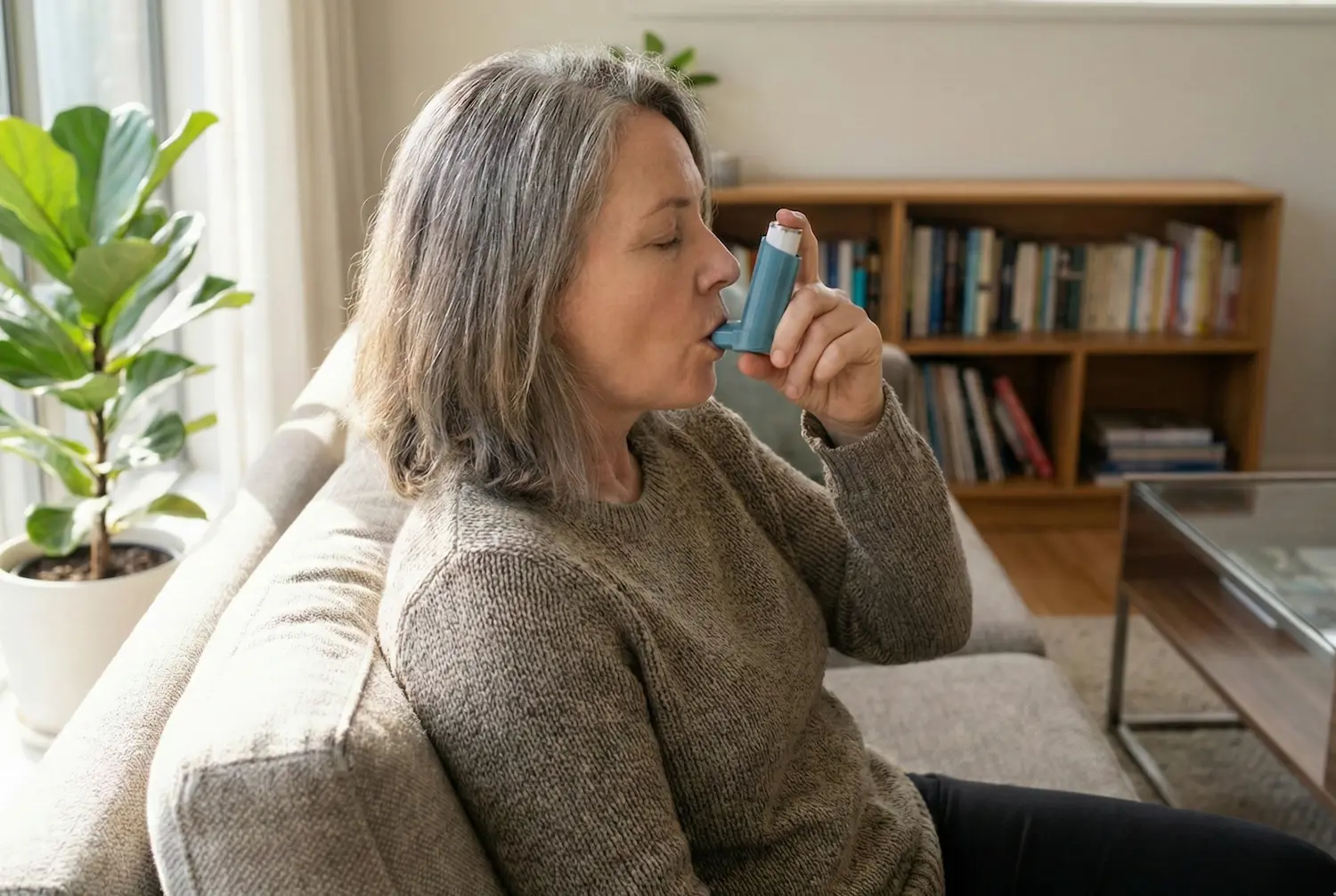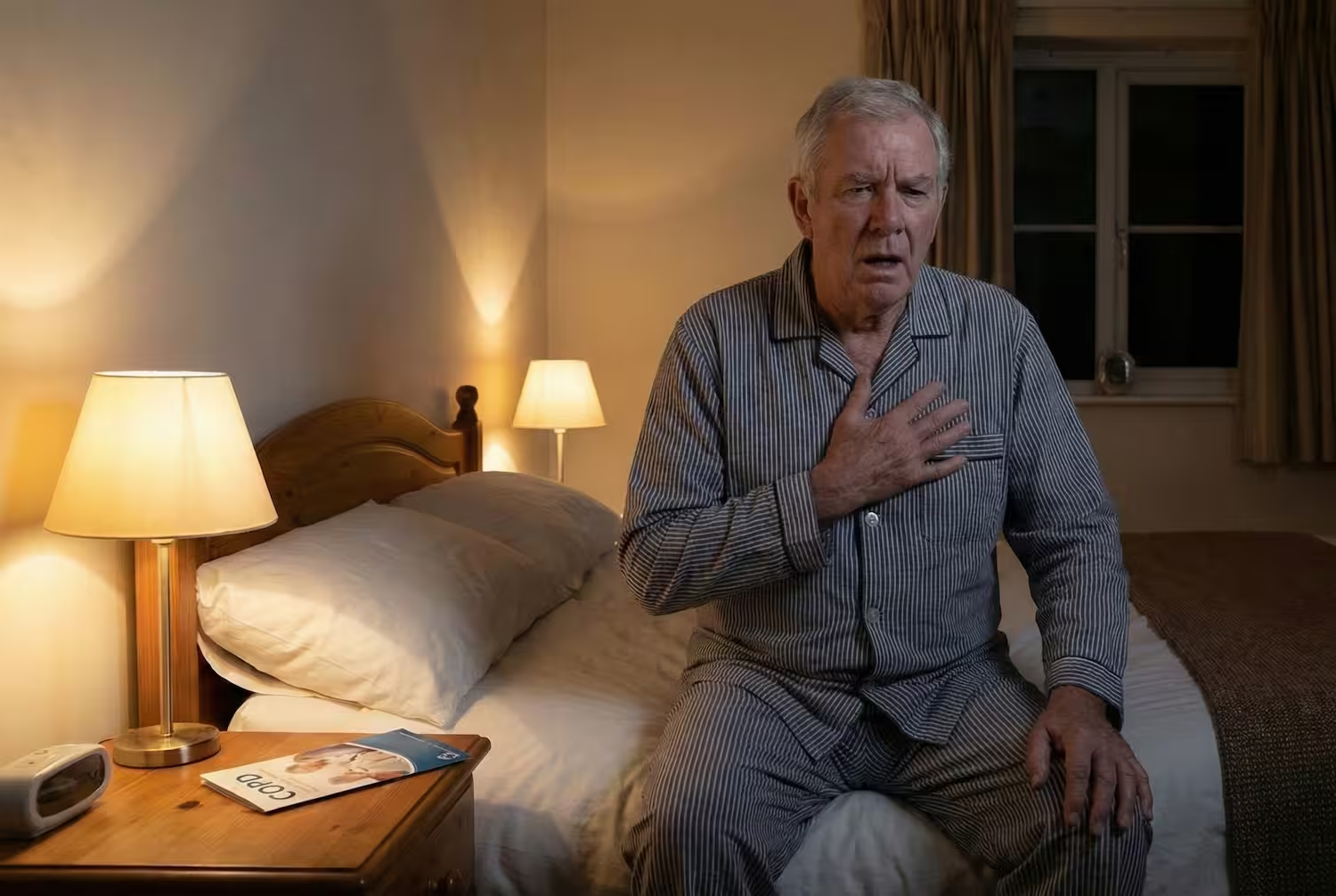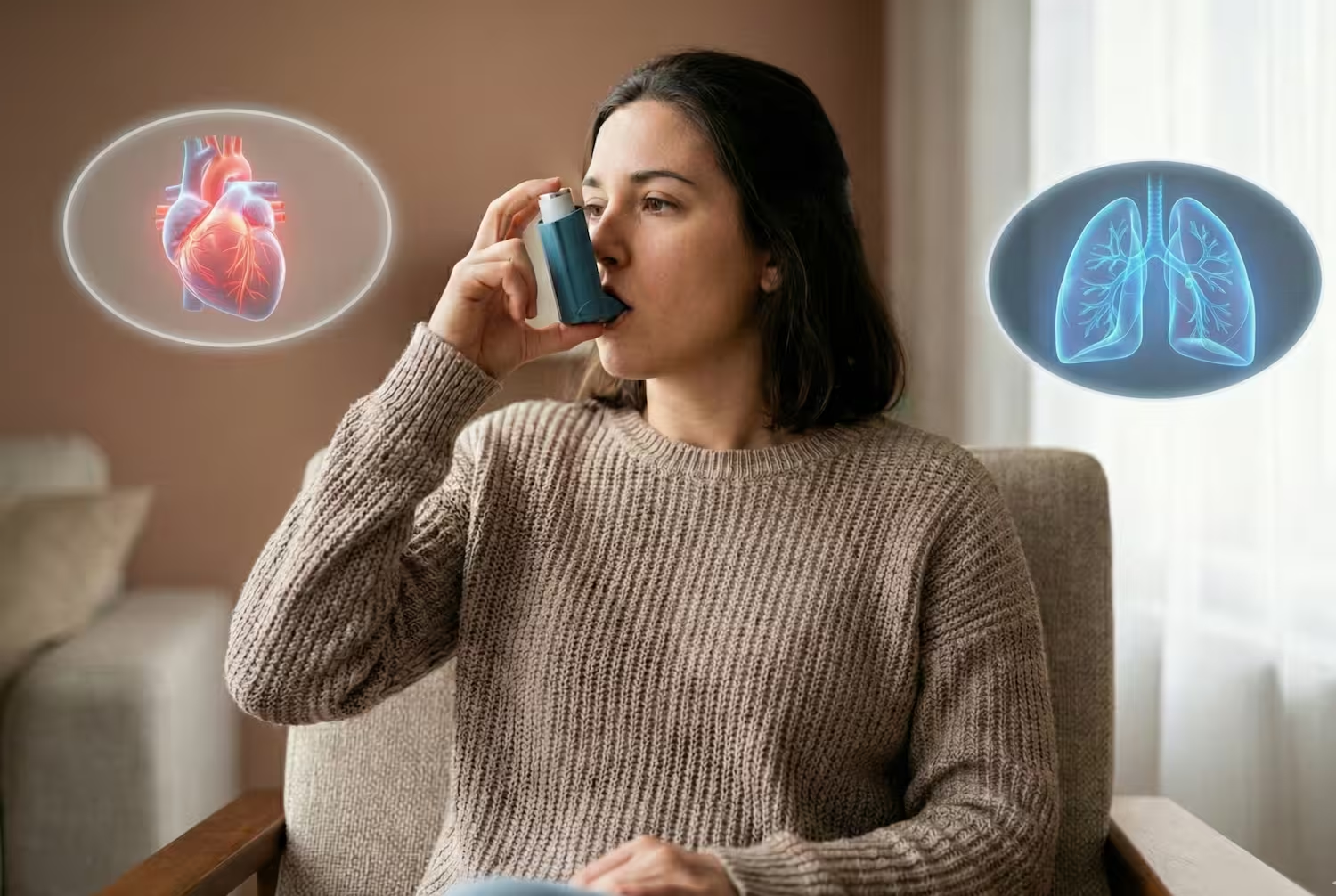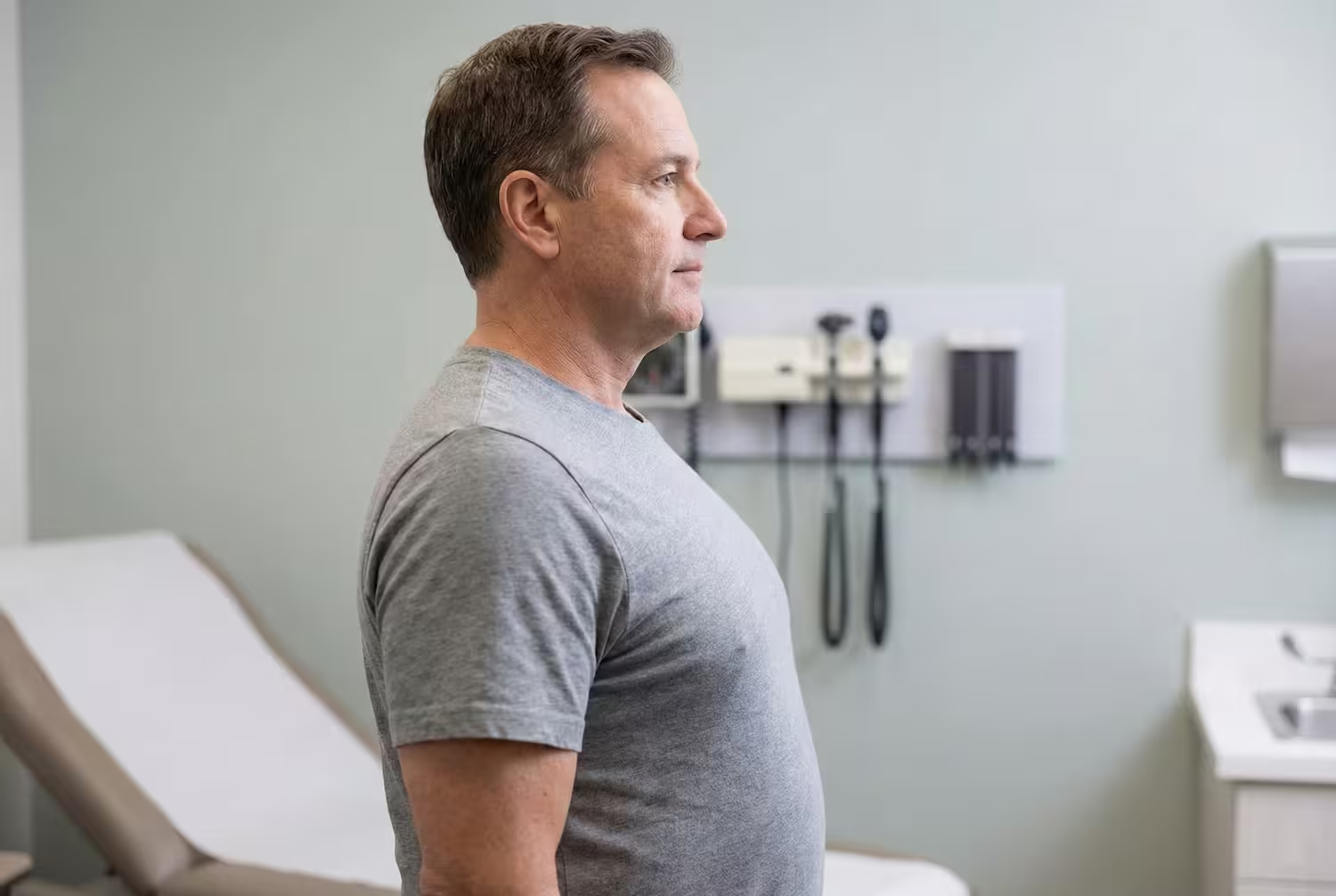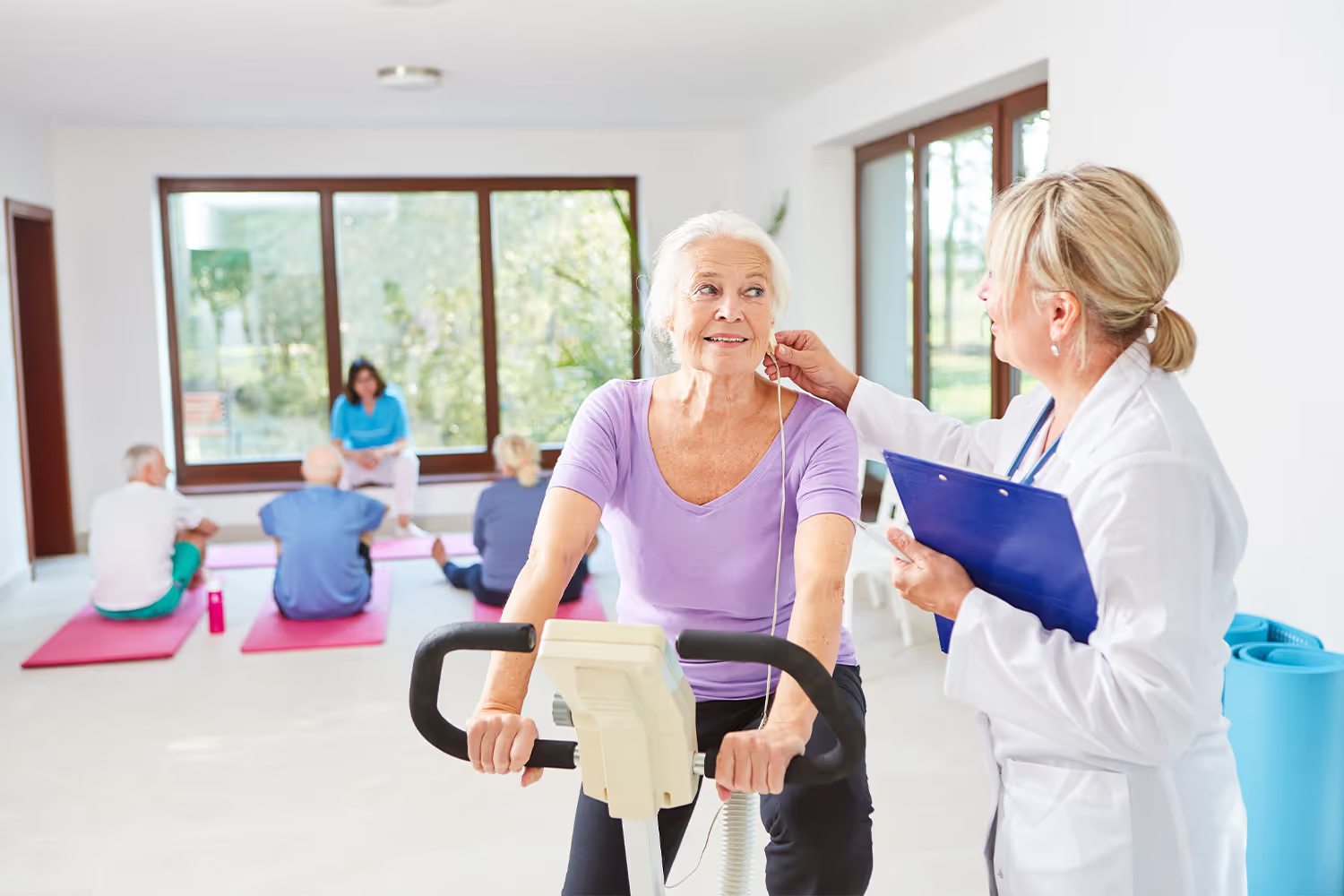
Heart diseases are the leading cause of death worldwide, and their high prevalence does not appear to be going anywhere anytime soon. Heart diseases can be challenging to manage and live with as every body system relies on the heart and cardiovascular system to function.
The silver lining is that individuals who have had a heart attack, heart surgery, or other cardiac events can live a fairly normal life with the right kind of care and support.
Cardiac rehabilitation, also known as cardiac rehab, is an evidence-based program that provides a comprehensive approach to care and support for individuals recovering from cardiac ailments. It helps individuals recover from cardiac procedures or events and reduces their risk of future cardiac events.
In this article, we will take a closer look at rehab for your heart, including how it works, what it entails, and the benefits of cardiac rehabilitation for individuals living with cardiovascular ailments.
What Is Rehab for Your Heart?
Cardiac rehabilitation is rehab for your heart and consists of a comprehensive program designed to help individuals recover from a heart event or cardiac surgery.
The goal of rehabilitation for the heart is to help patients return to their normal activities and improve their overall health and well-being while also reducing the risk of future events. The program typically includes a combination of education, exercise, nutrition, and stress management.
Who Can Benefit From Rehab for Your Heart?
Individuals who have had a heart attack, heart surgery, or have been diagnosed with a heart condition, such as heart failure or coronary artery disease, can benefit from rehab for their heart.
This program is also recommended for those at risk of developing heart disease, which includes individuals that are obese or have type 2 diabetes, high cholesterol, high blood pressure, or other conditions that increase your risk of serious heart problems.
What Does Rehab for Your Heart Entail?
Cardiac rehab programs improve your standard of health through several different interventions, including monitored exercise, patient education, nutrition advisement, and teaching effective stress management techniques. Below is a closer look at each aspect of cardiac rehab and what they may entail.
Education
Patient education for a cardiac rehab program may include education on the anatomy and physiology of the heart, main risk factors, specific heart conditions, signs and symptoms to watch out for, and education on your specific circumstance.
A strong knowledge base plays a key role in increasing patient confidence, enabling them to have a more active role in their own care. Empowering patients in this way can help to provide better outcomes and help with program adherence and motivation.
Exercise
The exercise component of a cardiac rehab program typically includes a combination of aerobic exercises, such as walking on a treadmill or riding a stationary bike, and resistance training, such as weightlifting or using resistance bands. The program is usually tailored to the individual's specific needs and fitness level, and the intensity and duration of the exercises will gradually increase over time.
The exercises performed are done with safety in mind and are typically monitored by an exercise physiologist. Live monitoring equipment is worn by the patient, allowing the cardiac rehab team to gain insight into how well the exercises are being tolerated and ensuring vital signs are within normal values to ensure safety.
Nutrition
Individuals enrolled in a cardiac rehabilitation program receive education on healthy eating and how to make dietary changes that can improve heart health.
Some of the ways that cardiovascular health can be improved through diet include reducing the consumption of high-sodium foods, choosing foods low in saturated fats, and opting for a diet based mainly on whole foods rather than processed options.
Stress Management
The stress management component of a cardiac rehab program typically includes education and counseling on ways to reduce stress and manage the stressors of daily life. This can include learning relaxation techniques such as deep breathing, meditation, and yoga. The program may also include time management and goal setting, which can help individuals prioritize their day-to-day tasks and manage their time more effectively, which can help reduce feelings of stress and anxiety.
The program may also include education on the relationship between mental health, stress, and heart health and the importance of managing stress to reduce the risk of stress-related health problems such as high blood pressure, heart disease, and worsened mental well-being.
When Should You Consider Rehab for Your Heart?
The ideal time to consider rehab for your heart would be prophylactically, or before a cardiac event or heart failure occurs. While it would be nice if cardiac rehab was recommended earlier for individuals, typically, cardiac rehab is referred to patients with existing cardiovascular problems by cardiologists and primary care.
The typical candidates for cardiac rehab include individuals who have had coronary artery bypass surgery, who are recovering from a heart attack, who have recently been diagnosed with heart failure, or who have high risk factors for cardiac events.
How Can You Begin Rehab for Your Heart?
Enrolling in a cardiac rehab program can seem daunting, but Carda Health simplifies the process to make it easy for you to start your journey toward better cardiovascular health.
The initial step involves filling out a brief questionnaire, enabling the Carda Health team to understand your condition and tailor the program to your specific needs.
Next, you will need to obtain a referral from your primary care physician or cardiologist, or if they are not available, you can opt for a telehealth consultation with a licensed physician. Once you have completed the questionnaire and obtained your referral, a remote vital monitoring care package will be sent to your doorstep. A member of the Carda Health team will then call you to assist with equipment setup and answer any questions you may have.
With these simple steps, you will have access to a personalized cardiac rehab program led by a team dedicated to your success.
Is Rehab for Your Heart Done In-Office?
For much of the time that cardiac rehab has been around, it has been in the form of inpatient facilities or outpatient rehabilitation clinics. While these institutions have provided immense benefits to many people, they have one thing in common, and that is low participation and retention of patients.
In order for cardiac therapy to be effective, it requires consistency, and asking patients to show up to an appointment at a rehab center three times a week can simply be too much of an ask leading to patients not sticking to the program. This is where the revolution of virtual cardiac rehab comes in.
Virtual cardiac rehab takes the same ideology behind standard heart rehab but makes it available virtually. This means that patients can enjoy exercise monitoring, health education, nutrition education, and emotional support, all from the comfort of their own homes.
The at-home program offers all the benefits of an in-person cardiac rehab program while also providing the added convenience and flexibility of virtual cardiac rehab, making it easier to maintain consistency which can, in turn, enhance the effectiveness of the rehab program. Being able to avoid public spaces is also incredibly advantageous during cold and flu season.

The Bottom Line
Heart rehab is a comprehensive program designed to help individuals who have recently suffered a heart attack, have had heart surgery, have heart failure, have angina, or have other ailments impacting the cardiovascular system.
The program includes education, exercise, nutrition, and stress management, and is tailored to the patient's individual needs and abilities. Individuals who have had a heart event or surgery, or have been diagnosed with a heart condition, should consider heart rehab as soon as possible.
Carda Health makes it quick and easy to get enrolled and get on a path to improved cardiovascular health with a dedicated team from the comforts of your own home. Once enrolled, you can begin putting in the work and turn your cardiovascular health around for the better to reduce your risk of serious complications and improve your quality of life.
Sources:

